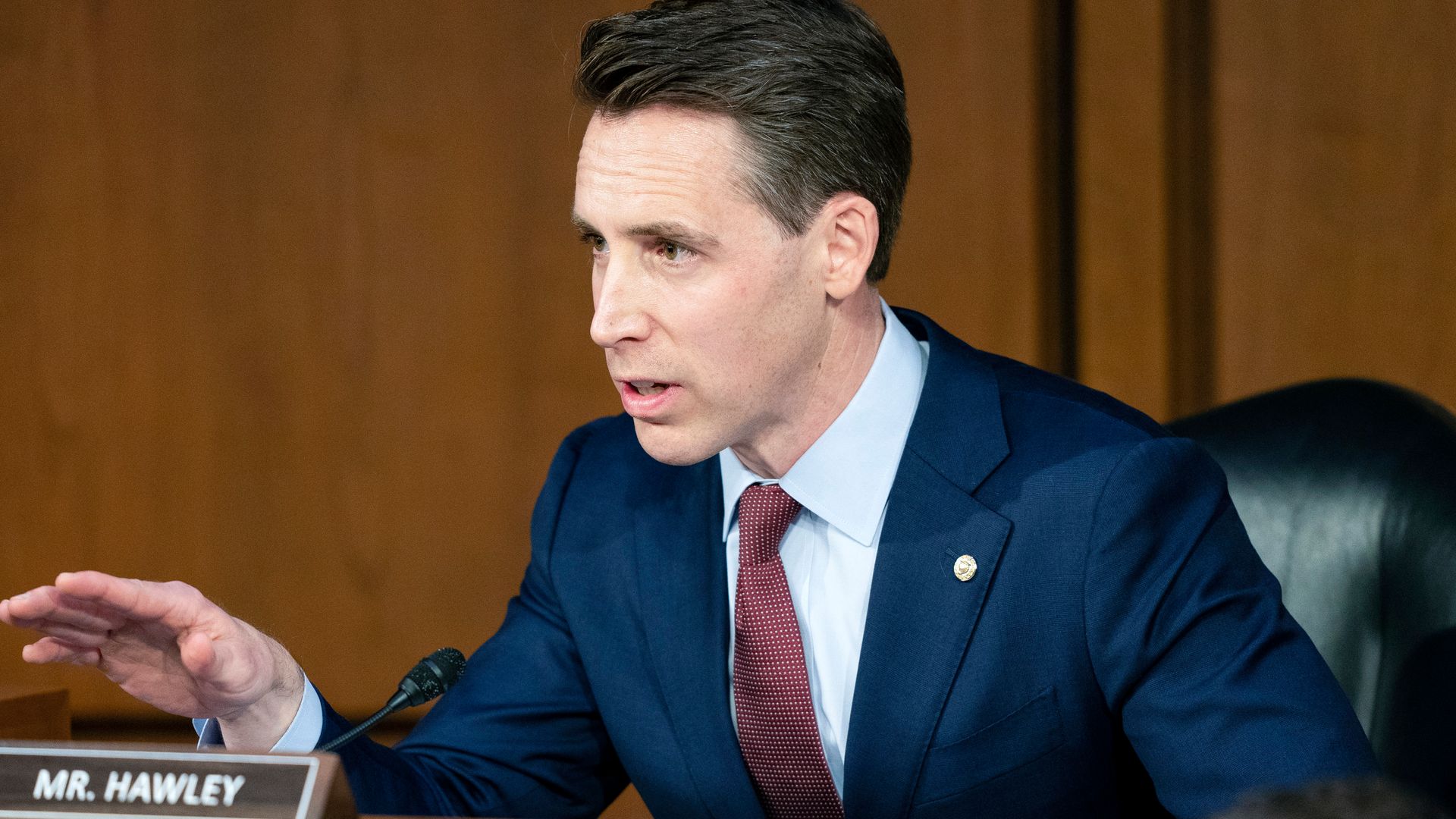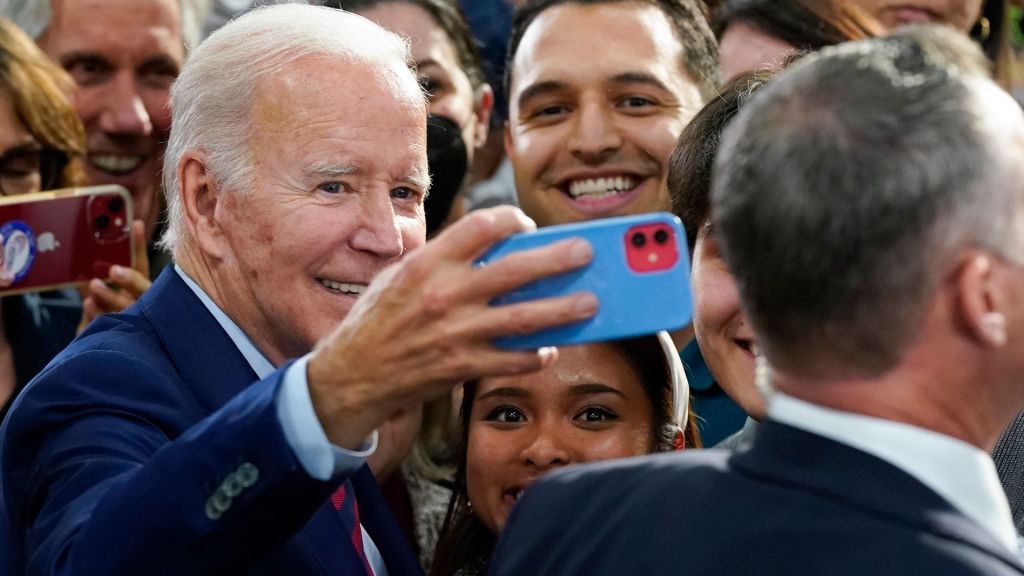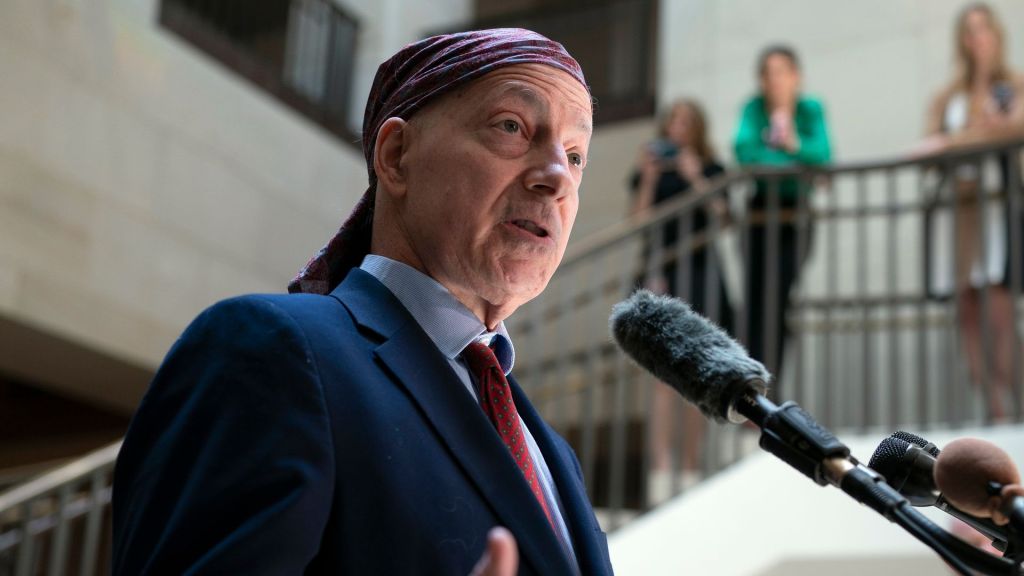
Publicly traded companies spend millions of dollars on elections; Sen. Josh Hawley, R-Mo. introduced a bill to end that. Hawley’s proposal, the Ending Corporate Influence on Elections Act which would ban publicly traded corporations from giving money to super PACs and from making independent expenditures, political ads, or other electioneering communications.
“I just don’t know why corporations – the people who have monopoly power in our economy, who have sent our jobs overseas, who have cut wages for workers – why should they be able to dominate our elections too? These aren’t individuals, these are for profit business corporations. I just don’t think there’s any First Amendment rationale,” Hawley told Straight Arrow News.
Here are some examples of corporate spending In the 2021-2022 election cycle:
Blackstone: $42.3 million
Charles Schwab: $18.6 million
Alphabet: $15 million.
Hawley said his bill will begin to undo the Supreme Court’s 2010 Citizens United decision, which allowed corporations, nonprofits, and labor unions to spend unlimited funds on elections.
On this issue, Hawley fines himself aligned with Democrats, including Speaker Emerita Nancy Pelosi, D-Calif., who has described Citizens United as “devastating”.
Democrats have tried to pass bills and even a constitutional amendment to overturn Citizens United.
“One of the biggest suppressors of the vote is big, dark, special interest money in politics,” Pelosi said in 2022 in support of the For the People Act which did not become law.
Hawley is being met with opposition from the Senate’s top Republican, Sen. Mitch McConnell, Ky.
CNN reported that McConnell told Republicans they will face “incoming” from the center-right if they support Hawley’s bill. Then McConnell read off a list of candidates his SuperPac, the Senate Leadership Fund, has supported in recent years. That list included Hawley.
But according to Open Secrets, McConnell’s spending in support of Hawley didn’t even come close to the $18 million the Sen. Chuck Schumer, D-N.Y. aligned Senate Majority Pac spent against Hawley in 2018.
Publicly, Schumer has called for a ban on this type of spending.
“Citizens United has disfigured our democracy almost beyond recognition,” Schumer said on September 22, 2022
This is how Hawley responded when asked by Straight Arrow News about SuperPac spending in his races.
“I can’t control who spends money. I can control what I do and I don’t take corporate contributions. I don’t take corporate PAC contributions,” Hawley told SAN.
There have been a number of proposals similar to Hawley over the years. In 2022, Senators Mark Kelly and Jon Ossoff introduced the Ban Corporate PACs Act and the constitutional amendment to overturn Citizens United is re-introduced almost every year.







